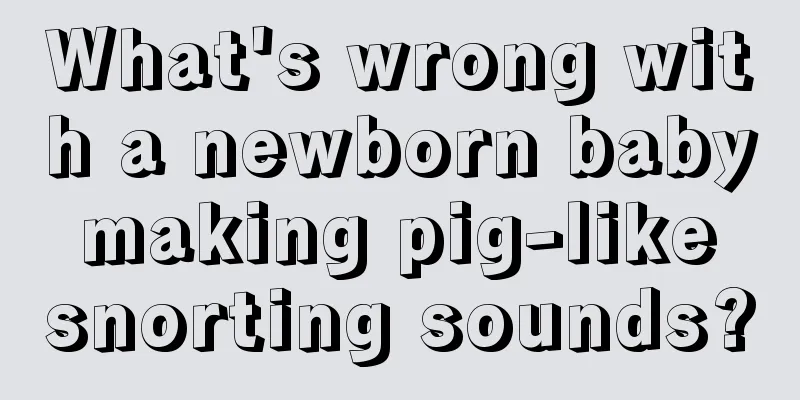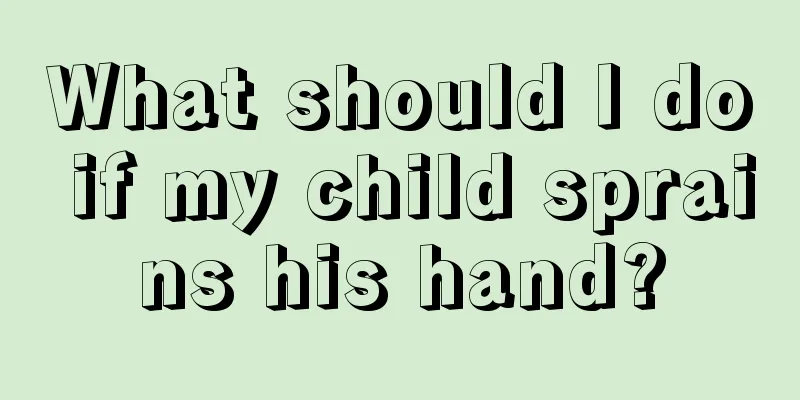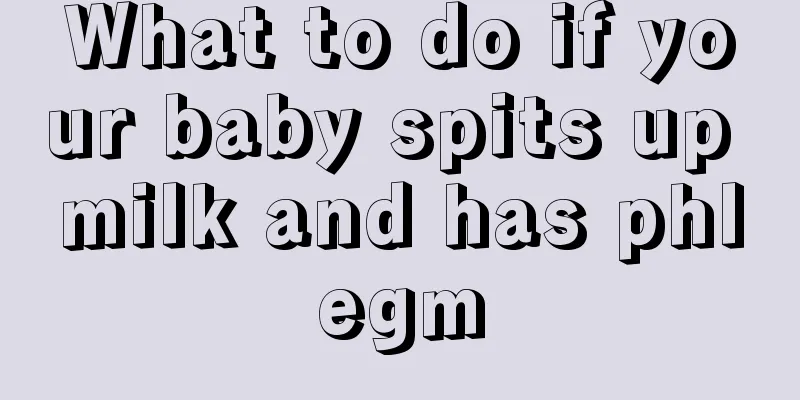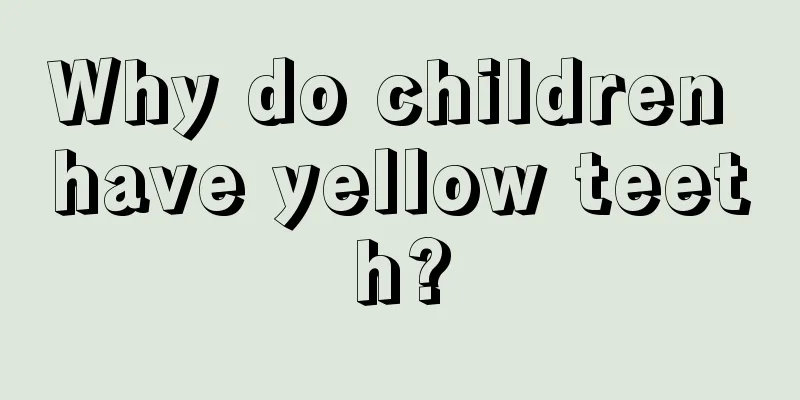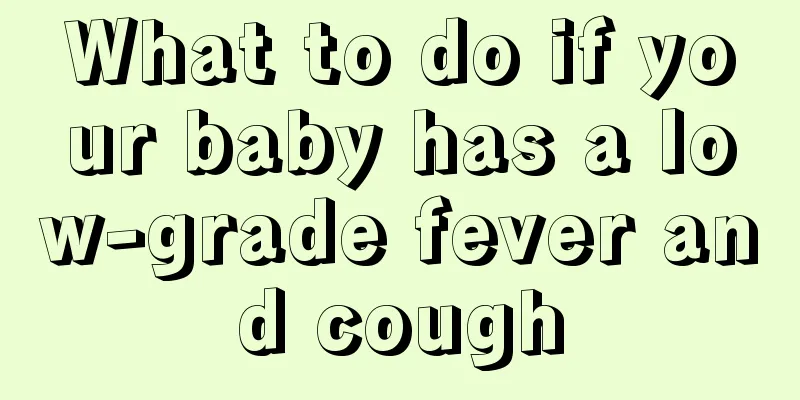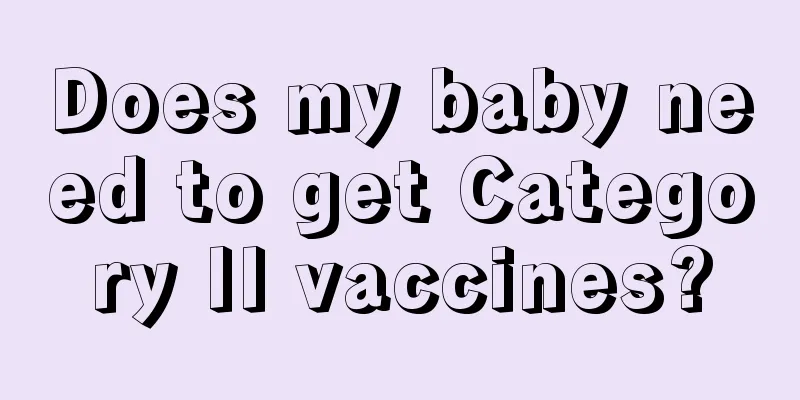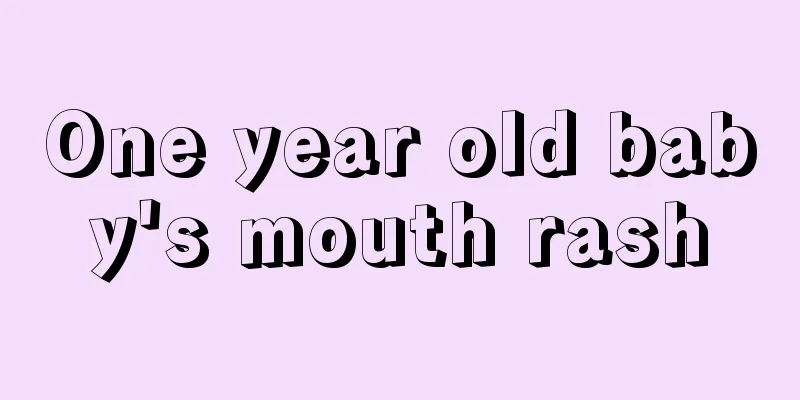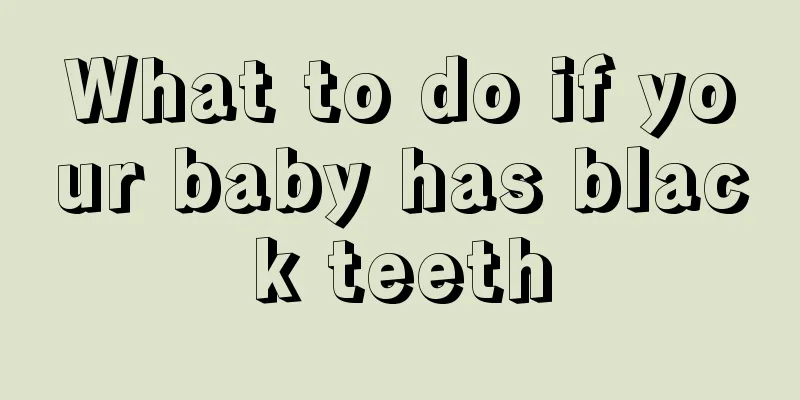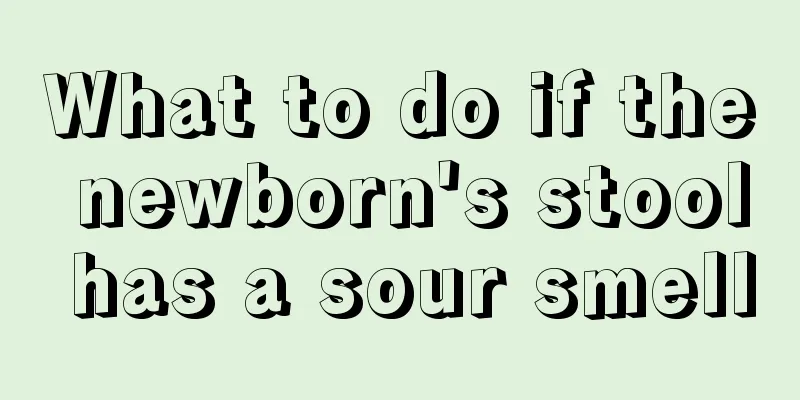What to do if your child has a fever and cough
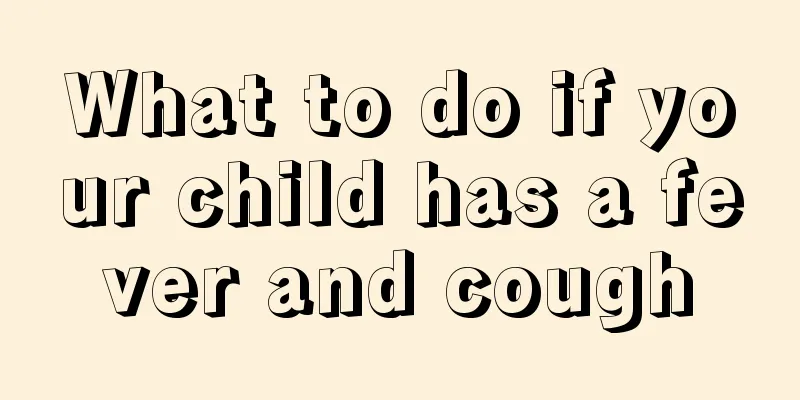
|
Almost every parent has encountered symptoms of their children having fever and coughing. Fever and coughing in children can easily cause pneumonia. It will be very troublesome to treat them at this time, and sometimes it may even affect the child’s life safety. Therefore, once a child has symptoms of fever and cough, parents will be very anxious, but there is no good way to deal with it. So what should we do when a child has a fever and cough? Let’s take a look at it together. Children's coughs are more serious than those of adults, and most of them will cough incessantly. When parents see their children coughing a little, they will go to the doctor, prescribe medicine, and give them intravenous drips. The result of taking medicine is that the child's appetite is poor, the nutrition is not enough, and the child's resistance is poor. This makes the child more likely to catch a cold and cough. Therefore, these children fall into a vicious circle. The children often grow thin, have a sallow complexion, and may even develop asthma. Therefore, when a child has symptoms of coughing, parents should first observe their cough to see if there are any complications and systemic symptoms, and then decide whether to seek medical attention immediately. 1. Need to see a doctor immediately 1. If the child suddenly starts coughing severely and has difficulty breathing, there may be a foreign object blocking the trachea. Things that are easy to swallow accidentally include peanuts, pencil cases, pills, buttons, coins, etc. This situation is very dangerous and you should go to the hospital immediately. 2. If you have a high fever, cough, wheezing and difficulty breathing, you need to be sent to the hospital for emergency treatment immediately. 3. Babies are prone to bronchiolitis, a type of pneumonia. If the child's face looks bad, often turns purple, or his breathing becomes faster, his shoulders sway when he breathes, and the lower chest wall collapses when he inhales, he should be sent to the hospital for treatment immediately. 2. Parents can observe the cough first and do not rush to the hospital 1. Although there is cough and fever, the patient is in good spirits. It is mostly a cold or tonsillitis. 2. Coughing continues after having a cold, fever and cough. 3. Cough and lots of sputum, but no fever and good spirits. 4. A cough that only occurs in the early morning. 5. A mild cough when you are nervous or after exercise. Parents do not need to worry too much about the above 5 types of coughs. They can relieve the symptoms and treat the cough through diet therapy and medication. If you have a fever, don't rush to reduce it. Since fever is a natural phenomenon of resisting viruses, if parents insist on reducing their children's fever, they will weaken their children's resistance. Generally speaking, as long as the body temperature is below 38℃~38.5℃ and the patient is in good spirits, it is acceptable. However, in order to reduce the baby's discomfort, parents should pay special attention in care. *It is not recommended to use more than two antipyretics at the same time. *Do not use antipyretics more than five times a day. * It is not advisable to wake a child in the middle of the night to take antipyretics unless the fever may cause seizures. *Do not cover children with wet towels; try to keep them dry. *Try to give easily digestible food, such as porridge. *Pay attention to the replenishment of water and electrolytes to avoid urine being too thick and yellow. * Get plenty of rest and avoid excessive activity. The article introduces in detail the emergency response measures for children with fever and cough. I believe that parents and friends all understand and remember them by heart. Once our children are sick, we should not panic. Find the cause and take timely and effective measures to solve the problem. This can not only alleviate the children's pain, but also put our minds at ease. |
<<: Causes and treatment of vomiting and fever in children
>>: What to do if your child has red and swollen gums
Recommend
Tips for children to sleep in separate rooms
For parents, children's education plays a ver...
Children's mouth corners are sore and picky eating is related
The spring season is relatively dry, so in such a...
What to do if your baby has abdominal pain and vomiting
A baby's stomach and intestines are very sens...
What to eat for children with oral ulcers
As people’s life and work pressures continue to i...
What foods should children eat to treat constipation?
Once a child suffers from constipation, the toxin...
5-year-old child with amblyopia
If a 5-year-old child has amblyopia, parents shou...
What are the common reasons for 2-year-old babies to suck their fingers?
Every baby is very cute and well-behaved when he/...
What is good for calcium deficiency in babies?
We have to be very careful about the diet of our ...
Is the baby's stuffy nose a cold?
Babies have very special physiological characteri...
Causes of heart murmurs in children
Children are a matter of great concern to family ...
Baby's stool has fishy smell
Babies who are breastfed will not have any peculi...
How to prevent gum inflammation in babies
Every child will grow deciduous teeth a few month...
Causes of subarachnoid hemorrhage in newborns
Neonatal subarachnoid hemorrhage is the most comm...
What are the treatments for complications of myocardial infarction?
In the past, due to the immaturity of diagnostic ...
What to do if your child has high uric acid
From the moment a baby is born, he or she brings ...
